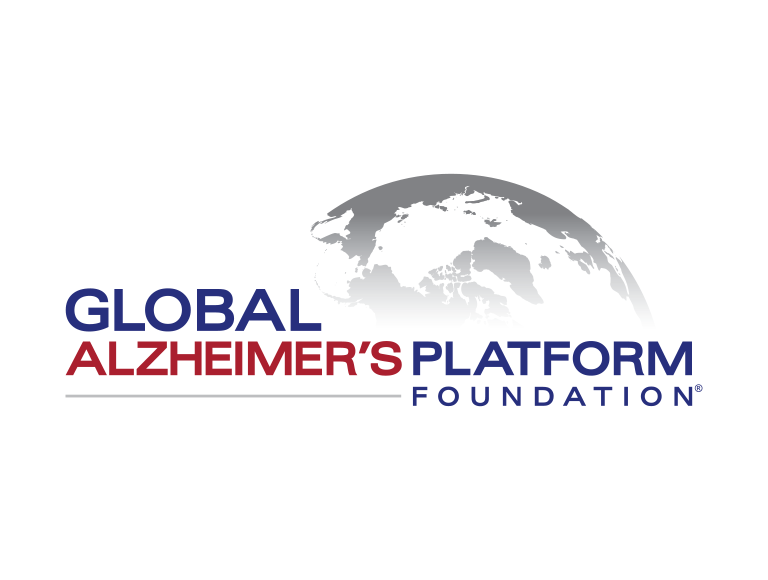GAP regrets to report that Dr. Neil Buckholtz, a valued member of the GAP Board of Directors, passed away earlier this week. Neil was a research pioneer that made singular contributions to improving the infrastructure and science pursuing therapies and cures for Alzheimer’s and related dementias.
Neil pursued several medical and health disciplines, receiving his B.S. degree in psychology from the Ohio State University and his M.S. and PhD degrees in physiological psychology from the University of Wisconsin, Madison. Neil was involved in the work to improve the lives of people living with dementia as early as 1970 when he was a postdoctoral fellow and Assistant and Associate Professor in biochemistry and psychiatry at the Medical University of South Carolina. There, his research included the neuropharmacology of psychotomimetic drugs, the serotonergic system, and psychopharmacology of learning and memory.
Neil went on to provide distinguished service as the Director, Division of Neuroscience at the National Institute on Aging (NIA) at the National Institutes of Health (NIH). During his twenty-five-year tenure at NIA, he was responsible for developing and managing many signature research programs including the Alzheimer’s Disease (AD) drug discovery and development program, the preclinical drug toxicology evaluation contract, the AD Cooperative Study, the AD Neuroimaging Initiative (ADNI), the Dominantly Inherited Alzheimer’s Network (DIAN), the Accelerating Medicines Partnership-AD (AMP-AD), and several AD Research Summits.
We will be forever grateful for his contributions to the greater scientific and research community, and for his participation and leadership as part of the Board of Directors of the Global Alzheimer’s Platform Foundation. Neil was always patient and encouraging of GAP’s ambitious agenda. He was a unique combination of scientific empathy and rigor that greatly contributed to finding the right way forward, especially as we undertook the Bio-Hermes biomarker programs. We will miss him and remember him as we move to accelerate research that improves lives and moves us closer to a cure for ADRD.
